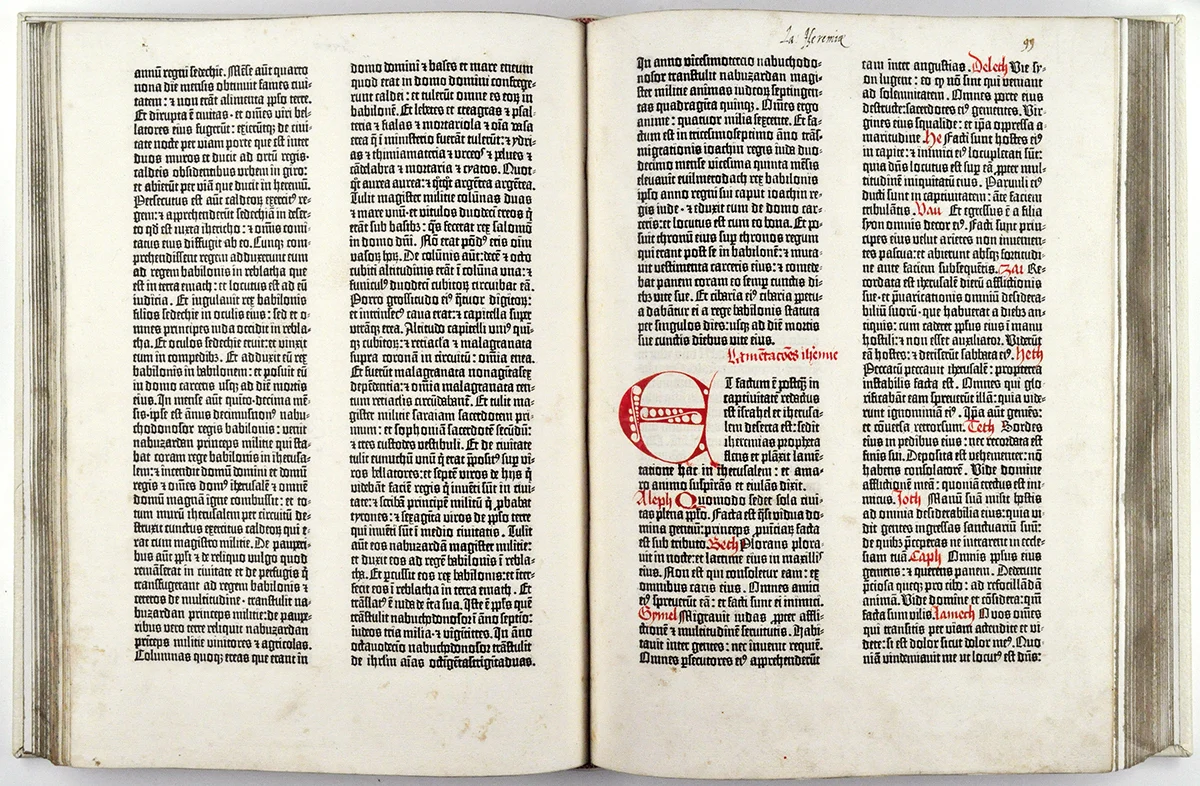How Word Studies Go Bad: A (Slightly Funny) Example
A few weeks ago, as I was preparing to teach the book of Philippians in Israel, I was translating the fourth chapter. Phil. 4:2-3 reads like this:
"I urge Euodia and I urge Syntyche to align their perspectives in the Lord! Indeed, I also ask you, true companion, help these women (literally, "them") who have labored alongside me, along with Clement and the rest of my fellow-workers whose names are in the book of life!" (Phil. 4:2-3)
Paul exhorted these two women, Euodia and Sytyche, who obviously were valued as playing significant roles in the ministry of the church. Yet, it seems that these women had a broken relationship. For Paul to have called each of them by name, exhorting each of them individually in a public letter, indicates that their spat was serious and was having a real impact on the unity of the church. Paul in effect tells them, "Get it together, ladies!!" He further asks his "true companion" to help these women. This "true companion" is an unnamed co-worker who may have been Epaphroditus; or, in another interpretation, the second of the Greek words here, σύζυγε (suzuge), may have been a proper name.
Crazy Translations of a Word
Now, the word I have translated as "help" is συλλαμβάνω (sullambanō)—that clearly is the right translation—but I was struck by the fact that a word study on this term could turn out to be anything from horrible to hilarious if handled poorly. As we consider the various possible meanings for the word in the ancient world, we find the following.
συλλαμβάνω could mean "arrest" or "take into custody." So an enthusiastic student of Scripture could seize on that meaning and translate the passage, "I also ask you, true companion, arrest these women!" Well, that would be one way of cutting down on disunity in the church! Reconciliation through incarceration.
Or how about another really bad interpretation? συλλαμβάνω could also mean "to capture," as in "to capture a wild animal." In this case the bad translation would go, "I also ask you, true companion, capture these women!" Images of Euodia and Syntyche running through the streets of Philippi with Paul's friend in hot pursuit, net in hand, come to mind!
The third possibility is the worst, for συλλαμβάνω could also mean, "to become pregnant, conceive!" Here the horrible, no-good, very bad translation would be, "I also ask you, true companion, let these women become pregnant!" The grammar really doesn't work well with this, but I have known students who could get around that little problem.
How to Do It Right
OK, enough. The fourth possible meaning clearly is the correct one, for the word, when used with an object in the dative case, as is the case here, often means, "to help by taking part with someone in an activity, to support, aid." Paul asks his friend to help Euodia and Syntyche work out their relationship, to aid them as they try to get on the same page.
This is just a reminder that, while word studies can bring a rich depth to your Bible study, they need to be done well, with discernment. Here are a few principles to think through when doing word studies:
1. Remember to look very carefully at the context of the passage. Which possible meaning makes the most sense in context?
2. In a particular passage you are studying, a word is normally going to carry one primary meaning. The Greek or Hebrew study tool you are using may have numerous possible meanings, but, again, your job is to discern which is the best meaning in context.
3. Note the broader uses of the term elsewhere in the New Testament, but don't assume the word is used the same way in every context.
4. When in doubt, check with good resources. For instance, in cases where a meaning is in doubt in Philippians, I would check, for example, the commentaries of Gordon Fee, or Moisés Silva, or Walter Hansen.
I hope this fun little reminder on how to do word studies well helps you. For a fuller treatment on how to do word studies, see the index on the blog's main page.






